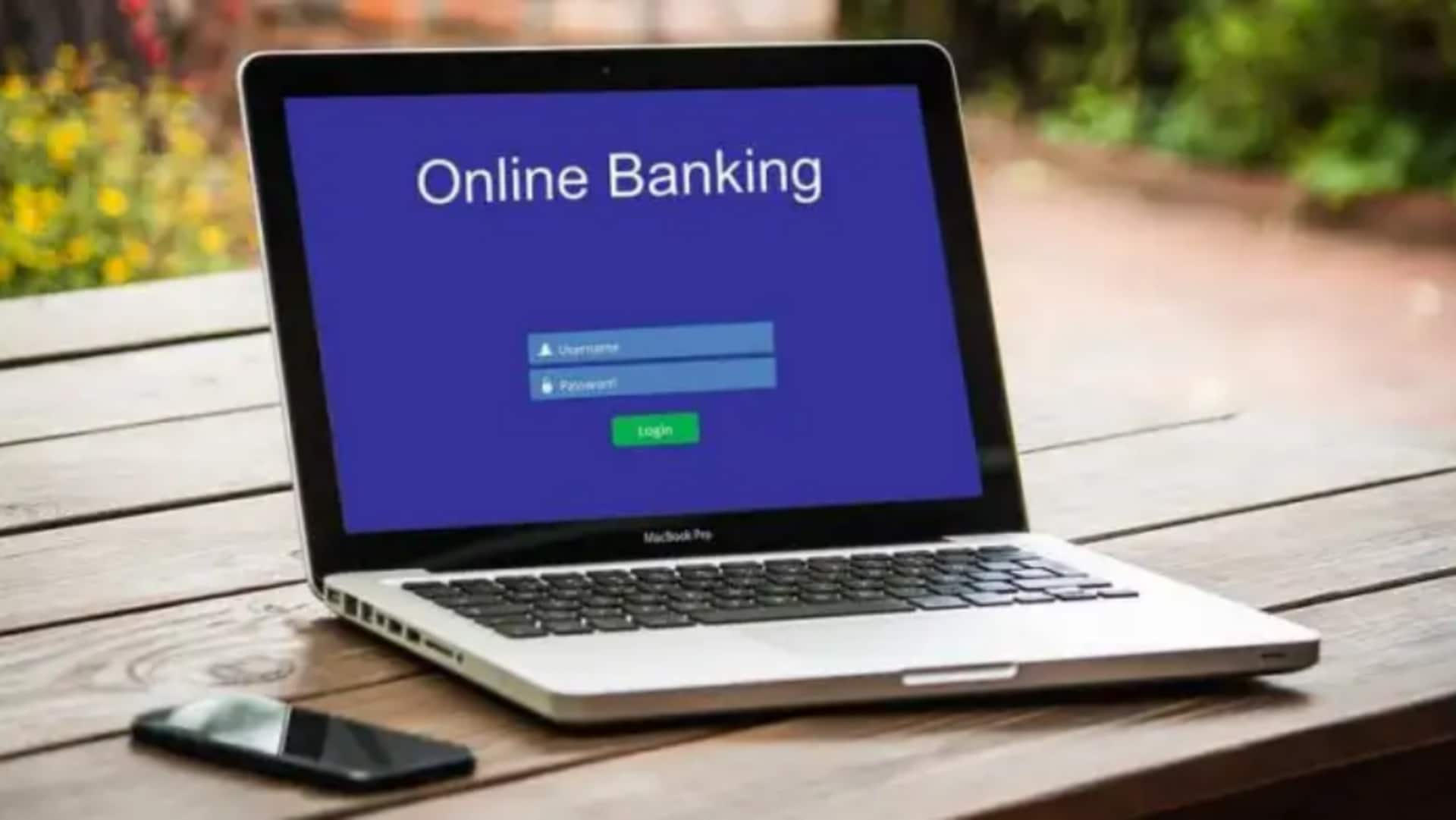
Protect your money: Essential tips for safe online banking
What's the story
While online banking has made things super convenient, it also comes with a set of risks. You need to protect your financial information to prevent fraud and unauthorized access. However, by following a few essential digital security tips, you can make your online banking activities a lot safer. Here's some practical advice to help you secure your online transactions and keep personal data safe from cyber threats.
Password security
Use strong passwords
Creating strong passwords is the key to online security. Use a mix of letters, numbers, and symbols to make it tough for hackers to guess. Don't use easily available information like birthdays or names. Update your passwords regularly and make sure they're unique for every account. A password manager can help you keep track of complex passwords without compromising on security.
Two-factor setup
Enable two-factor authentication
Two-factor authentication adds an extra layer of security by requiring a second form of verification along with your password. It could be a code sent to your mobile device or an authentication app. By enabling this feature, you make it significantly harder for unauthorized users to access your account, even if they have obtained your password.
Account monitoring
Monitor account activity regularly
Regularly checking your bank statements and transaction history helps in detecting any suspicious activity early on. Set alerts for transactions over a certain amount or when funds are transferred out of the account. Immediate reporting of any discrepancies to the bank can prevent further unauthorized actions and potential financial loss.
Device protection
Secure your devices
Make sure to have updated antivirus software on all devices used for online banking. Keep operating systems and apps updated with the latest security patches. Refrain from using public Wi-Fi networks when accessing sensitive information; they may not be secure, raising the risk of data interception by cybercriminals, leading to financial losses.
Phishing awareness
Be wary of phishing scams
Phishing scams usually appear as legitimate emails/messages but are designed to steal personal information such as login credentials or credit card numbers. Always check the source before clicking on links or downloading attachments from unknown senders. Banks generally don't ask for sensitive information via email; reach out to them directly if you get suspicious communication asking for such details.